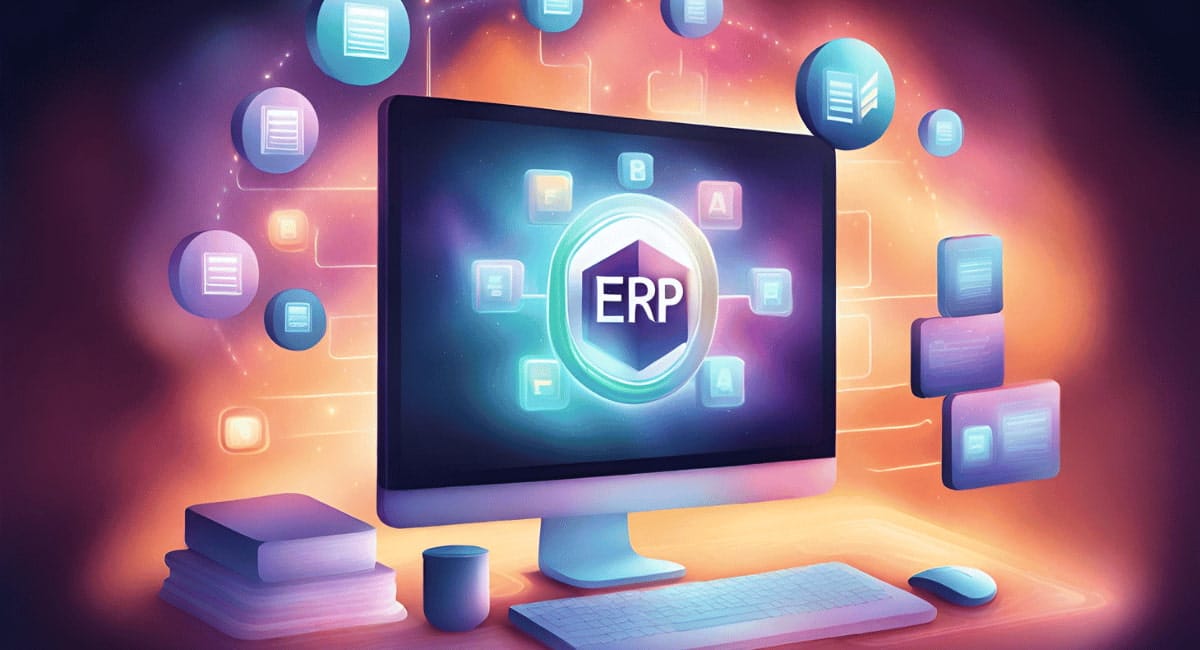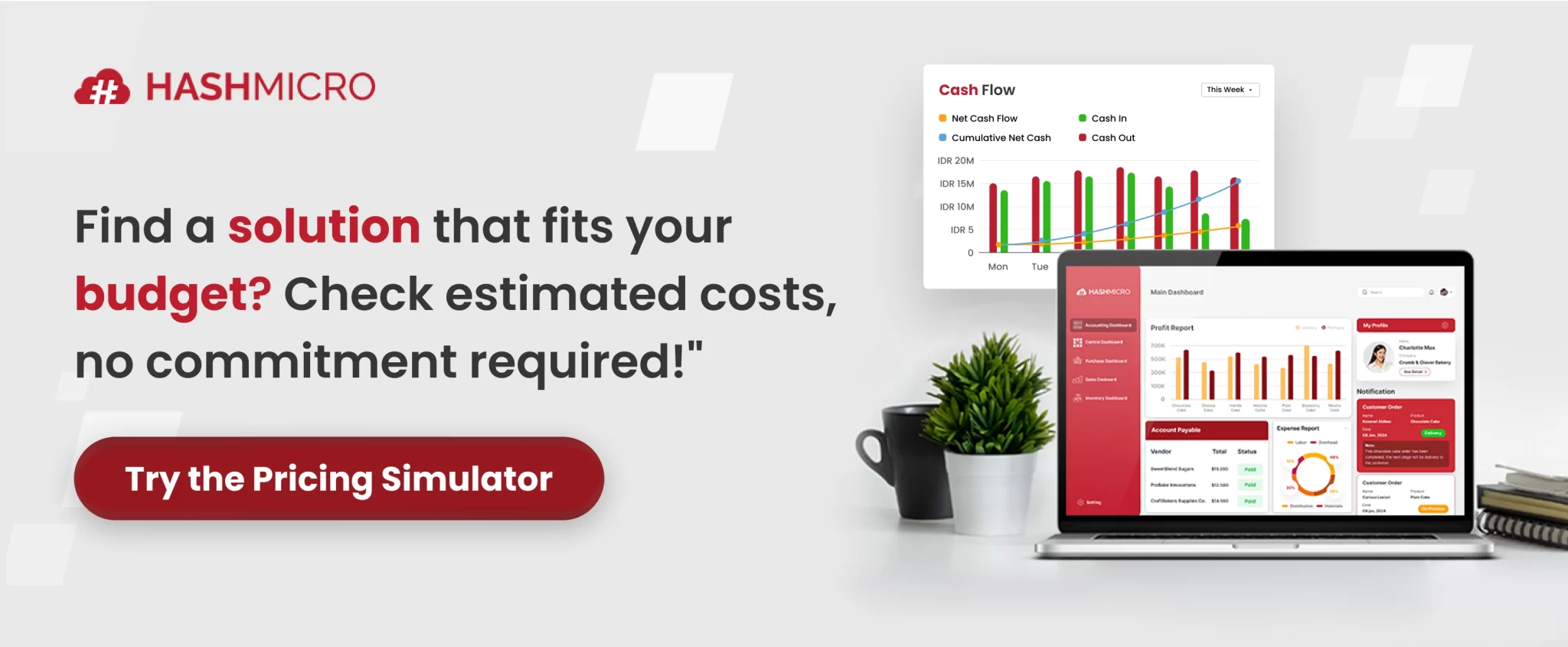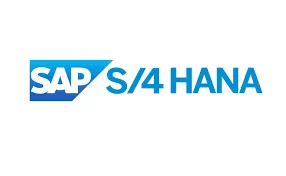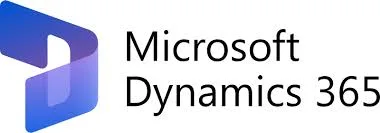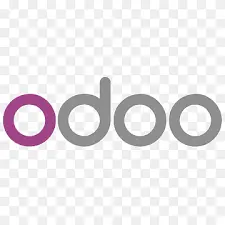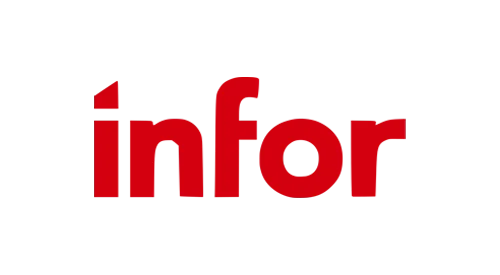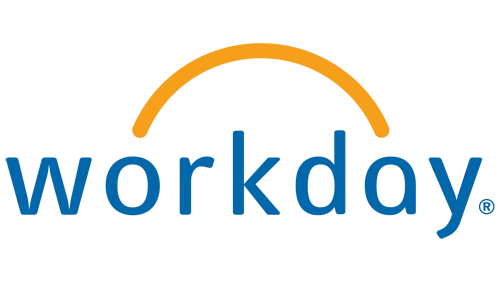There is no single best ERP software for every business. From my perspective, each platform has its own strengths, and the right choice depends on your industry and operations. The Enterprise Resource Planning Software market in Singapore is expected to see significant growth in the coming years, making careful selection even more crucial.
This guide reviews the features, benefits, and limitations of leading ERP software in Singapore. Drawing on market research and insights, it shows how these systems can impact daily operations and long-term performance.
From my experience implementing leading ERP systems in Singapore across manufacturing, construction, retail, and services, I’ve seen how the most effective solutions excel in versatility and scalability.
Key Takeaways
|
Best ERP Software Systems
From my research and analysis, I have identified several ERP software systems that stand out as strong choices for businesses in Singapore. With integrated modules covering finance, operations, and supply chain, these platforms help organizations improve visibility, streamline processes, and achieve greater efficiency in 2026.
Best Because
The best end-to-end solution for all types of business needs
Best Because
Enterprise-grade ERP with real-time insights and industry-specific solutions
Best Because
Combines ERP and CRM in one platform with AI-driven insights and automation
Best Because
Modular open-source ERP that adapts to any business size and need
Best Because
Industry-specific ERP modules that deliver tailored functionality across sectors
Best Because
Cloud-based ERP with strong HCM roots and scalability for complex enterprises
Best Because
Industry-focused ERP with flexible customization and real-time supply chain visibility
Before we decide on the best ERP system Singapore, let’s first understand what ERP software is.
What is Enterprise Resource Planning (ERP) Software?
ERP (Enterprise Resource Planning) software is a centralized platform that I use to streamline and automate key business operations such as finance, HR, procurement, and inventory. By integrating these functions, my team and I can collaborate in real-time, reduce manual tasks, and make faster, data-driven decisions.
For example, in retail or F&B businesses, I’ve seen how a POS system integrated within an ERP suite does more than just process transactions. It automatically updates inventory levels, records sales and taxes in accounting, and even connects with the supply chain module to trigger restocking workflows.
With this seamless integration, I can allocate resources more effectively, improve customer service, ensure compliance, and gain a complete view of operations. That’s why I believe the best ERP software Singapore is essential for achieving sustainable growth and staying agile in today’s market.
Hashy AI Fact

Need to Know
Things move fast—missing one step can throw everything off. Hashy AI keeps your processes on track with smart reminders, real-time alerts, and smooth workflow tracking that helps your team stay ahead.
Request a free demo today!
What ERP Software Does
ERP software integrates core business processes into a unified system, enabling organizations to manage their operations more efficiently. Here are what ERP systems typically do, in simpler terms:
- Bring together data from different departments (finance, sales, HR, supply chain, manufacturing, procurement) into one unified system.
- Automate common business tasks such as invoicing, payroll, order fulfilment, inventory tracking, budgeting, and reporting.
- Provide real-time visibility of operations, so managers can see where things stand (cash flow, stock levels, production status, etc.)
- Help with planning and decision making, via analytics, forecasting, and having a single source of “truth” for data, reducing errors and duplicate records.
What are the Key Modules and Components of ERP Software?
ERP software comprises core modules that manage various aspects of business operations. Each module connects to the same central database, so all departments share accurate, real-time information.
Here are the key modules and components:
| ERP Module | What it covers |
| Finance & Accounting | Manages general ledger, accounts payable/receivable, budgeting, and financial reporting. |
| Finance & Accounting | Manages general ledger, accounts payable/receivable, budgeting, and financial reporting. |
| Human Resources (HRM/HRIS) | Covers payroll, recruitment, employee records, attendance, and performance management. |
| Sales & Customer Relationship Management (CRM) | Handles leads, quotations, sales orders, and customer interactions. |
| Inventory & Warehouse Management (WMS) | Tracks stock levels, product locations, order fulfilment, and logistics. |
| Procurement/Purchasing | Manages vendor data, purchase orders, approvals, and supplier relationships. |
| Supply Chain Management (SCM) | Integrates demand planning, logistics, and supplier coordination. |
| Manufacturing/Production | Supports production planning, scheduling, bill of materials (BOM), and shop floor control. |
| Project Management | Helps track project costs, timelines, resources, and deliverables. |
| Asset Management | Monitors company assets, depreciation, and maintenance schedules. |
| Business Intelligence & Reporting | Provides dashboards, analytics, and forecasting for data-driven decisions. |
10 Best ERP Software Examples
Now, let me walk you through the 10 best ERP system software in Singapore in 2026 that I believe can truly help businesses improve efficiency, cut down unnecessary costs, and boost overall performance.
From my perspective, these are the best ERP system Singapore that don’t just simplify operations; they also provide the insights needed to make smarter, long-term strategic decisions for sustainable growth.
1. Best Single Cloud Based Platform: Oracle Fusion Cloud
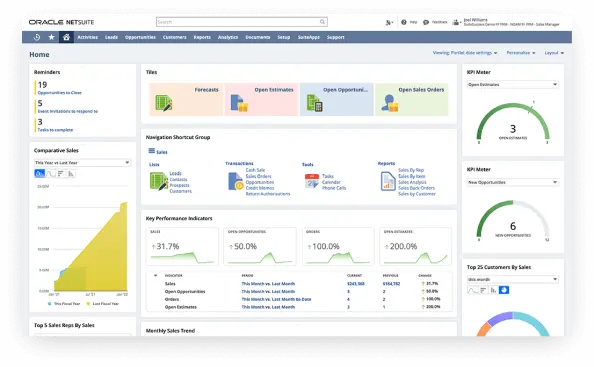
Oracle Fusion Cloud ERP stands out as a robust solution for organizations looking to unify their core operations. I found that it brings finance, procurement, and project management together in a single cloud-based platform, creating smoother workflows and better data visibility across departments.
Since its launch in 2011, this best ERP software Singapore has combined Oracle’s long-standing enterprise expertise with modern cloud capabilities. The integration of AI and machine learning is particularly notable, as it automates routine tasks, refines processes, and delivers real-time insights that can significantly improve decision-making.
Why I chose it: Oracle offers a scalable ERP system in Singapore that truly serves as an all-in-one hub for managing finance, operations, and customer relations, making it a compelling choice for businesses seeking both breadth and depth in their ERP capabilities.
Features:
- Real-time financial visibility and planning
- Automated inventory and supply chain optimization
- Integrated customer data management and sales enhancement
- Comprehensive HR processes and employee engagement
| Pros | Cons |
|---|---|
|
|
2. Best ERP Software for Enterprises: HashMicro ERP System Software
HashMicro’s ERP software strikes me as a robust cloud-based solution that automates and streamlines a wide range of business processes. I found its modular structure, which covers finance, inventory, sales, and more, enables seamless real-time data synchronization that improves efficiency and supports better decision-making.
I also value the free demo and consultation, as they give businesses a practical way to explore the system’s features and evaluate its fit before committing.
As one of the top cloud-based business management platform providers in Southeast Asia, HashMicro has served over 1,750 clients, including Forbes Asia and Bank of China.
Why we chose it: HashMicro offers comprehensive, end-to-end functionality with built-in BI for advanced analytics, along with access controls that reduce the risk of unauthorized data access.
Features:
- Built-in BI (Business Intelligence): Advanced analytics, real-time insights, and customizable dashboards for smarter decisions.
- Mobile Apps: This enterprise resource planning Singapore has access to ERP anytime, boosting productivity and responsiveness.
- WhatsApp Integration: Streamlined communication and improved customer engagement.
- Access-Level: Role-based permissions to secure data and prevent unauthorized access.
- AI-Generated Report & Explainer: Automated, accurate reports to support strategic planning.
- Flexible Hosting Methods: Choose cloud, on-premise, or hybrid based on business needs.
- Multi-Language: Operate seamlessly across diverse languages for global operations.
| Pros | Cons |
|---|---|
|
|
HashMicro’s ERP solutions include CRM, accounting, inventory management software, HRM, procurement, and industry-specific solutions like manufacturing and construction. It streamlines processes, making it an ideal choice for companies aiming to enhance efficiency.
This makes HashMicro’s ERP Software most suitable for enterprise resource planning Singapore.
Additionally, as the best ERP software Singapore, HashMicro offers a transparent pricing scheme for its software solutions. It has partnered with CTC Grant, providing up to 70% subsidies to qualifying businesses, further enhancing accessibility to the ERP tools. For details, click the image below.
3. SAP S/4 HANA
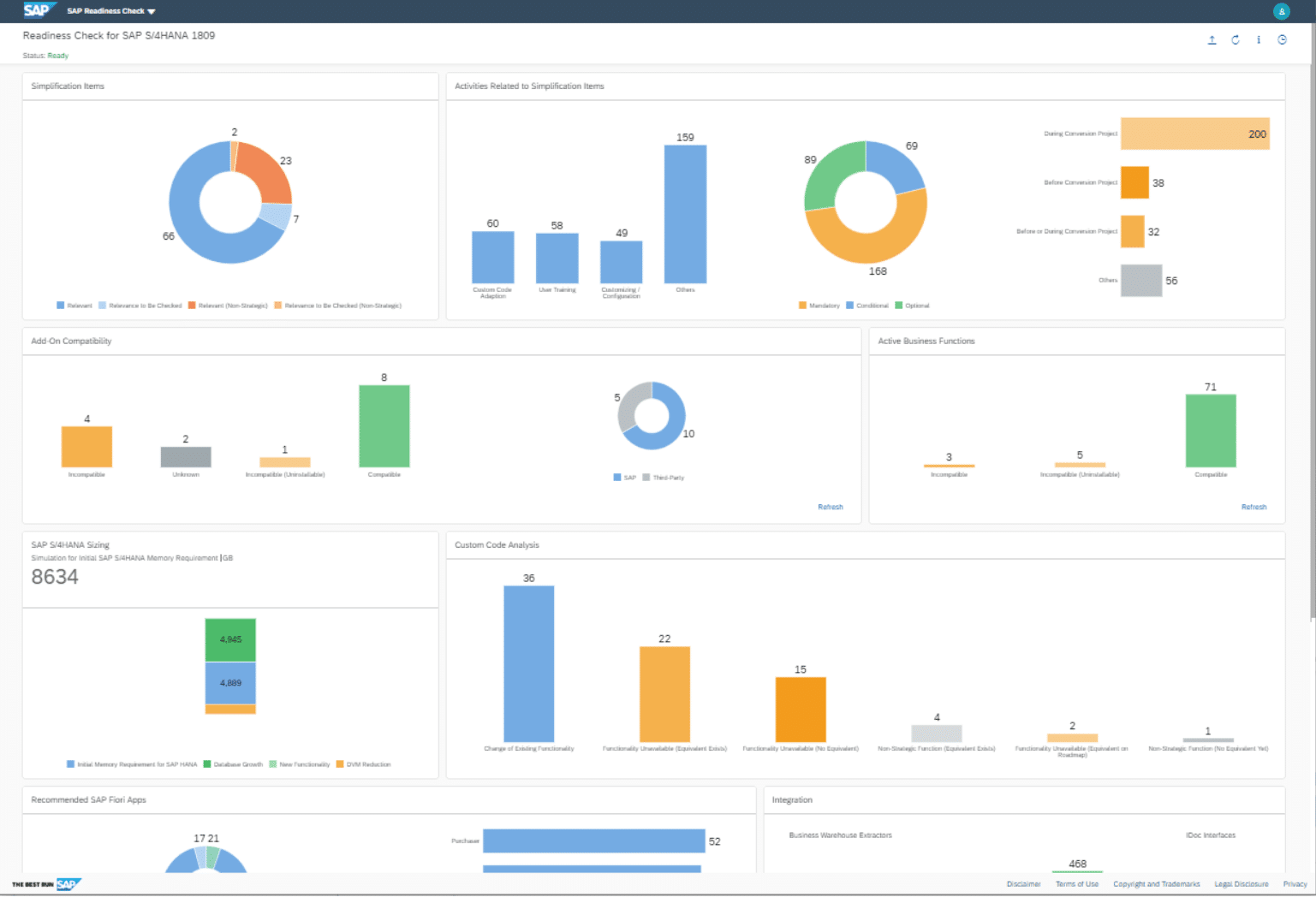
SAP S/4HANA is an ERP platform built on in-memory database technology, enabling rapid data processing and real-time insights. It offers a comprehensive range of modules to manage key business functions, including financial management, procurement, production, and delivery.
While its capabilities are impressive, I have noted that the high initial implementation costs and additional fees can be a significant consideration for some businesses. For organizations concerned about budget, exploring alternatives may be a more suitable option.
Why we chose it: SAP S/4HANA stands out for its scalable architecture and ability to integrate seamlessly with a wide range of business processes, making it a powerful choice for enterprises with complex operational needs.
Features:
- Real-time data processing with in-memory database
- Predictive analytics and machine learning integration
- Unified core business functions for seamless operations
- Tailored industry-specific ERP solutions
| Pros | Cons |
|---|---|
|
|
4. Microsoft Dynamics 365
Microsoft Dynamics 365 is a unified CRM and ERP solution that streamlines operations across industries by integrating financial management, supply chain, and customer relationship management into a single platform.
Introduced in 2016, this top ERP software builds on Microsoft’s earlier ERP products such as AX and NAV, adding AI-driven features and advanced data analytics. Its customizable modules allow businesses to automate workflows and gain real-time insights tailored to their needs.
Why WE chose it: Microsoft Dynamics 365 offers a rare combination of ERP and CRM capabilities in one system, with flexibility, robust analytics, and automation tools that can significantly improve operational efficiency.
Features:
- Financial management for general ledgers and accounts receivable/payable
- Marketing tools that facilitate collaborative efforts
- Human resources management
- Supply chain management
| Pros | Cons |
|---|---|
|
|
5. Odoo ERP System Singapore
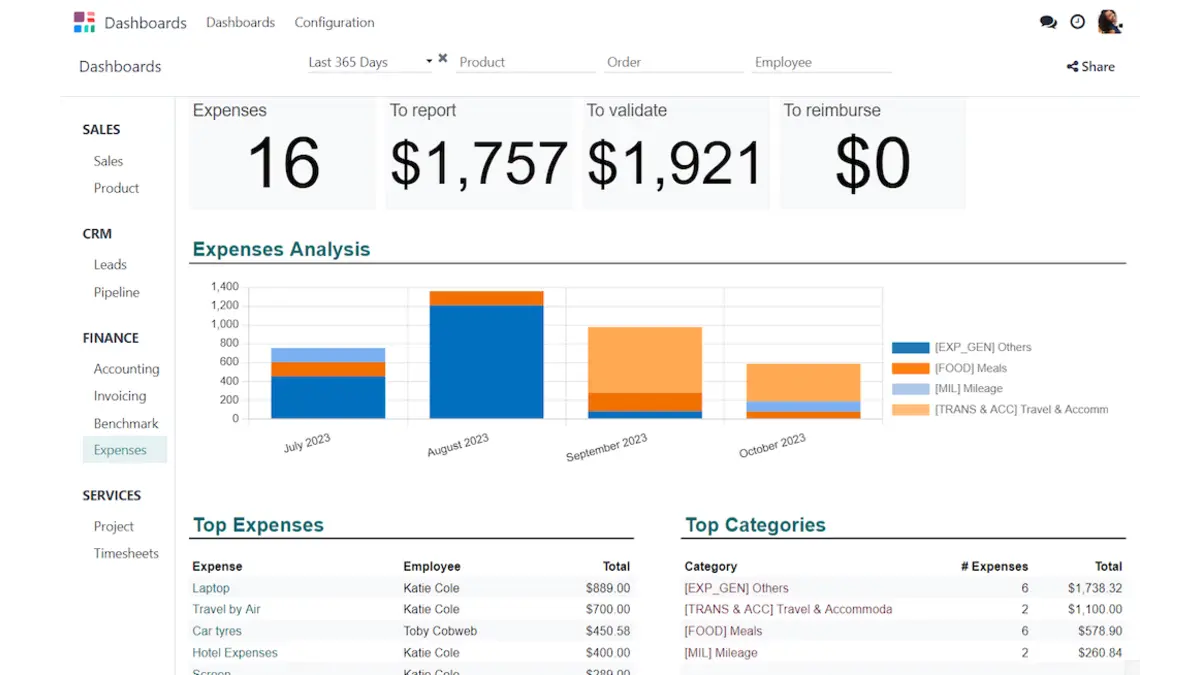
Odoo is an open-source ERP solution designed for comprehensive business management, offering modules for CRM, project management, sales, manufacturing, warehouse, and financial management. Its wide range of applications allows businesses to create a tailored system that fits their specific operational needs.
While its flexibility is a strength, I have found that configuring and customizing Odoo can be complex, often requiring additional training to maximize its potential.
Why we chose it: Odoo’s highly customizable, modular architecture allows businesses to streamline operations by implementing only the applications they need, making it a versatile option for organizations seeking a tailored ERP solution.
Features:
- Customizable modular design for tailored ERP solutions
- Intuitive interface for efficient employee navigation
- Open source platform for flexible customization
- Scalable system for business growth adaptation
| Pros | Cons |
|---|---|
|
|
This makes Odoo most suited for small businesses.
6. Infor ERP Solutions
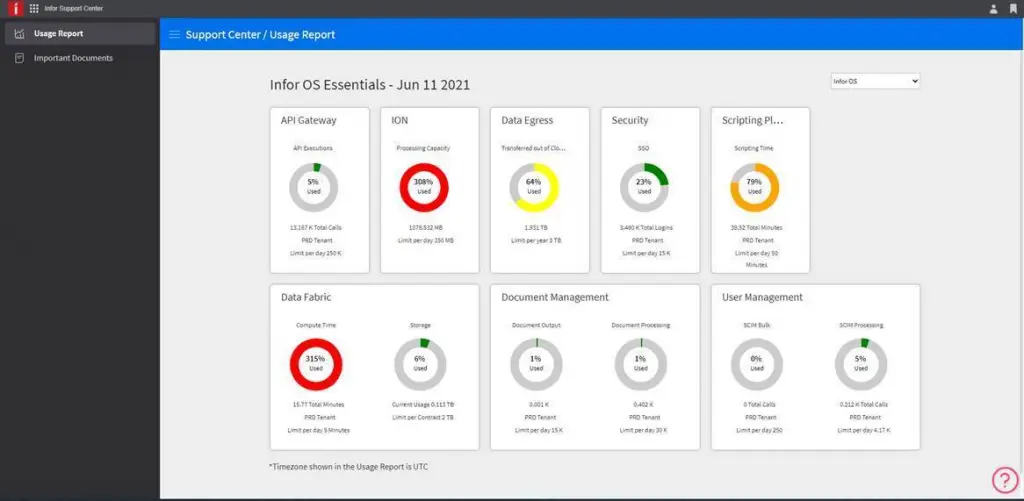
Infor ERP Solutions is a powerful platform built to streamline operations across industries by integrating financial management, human resources, and supply chain functions into a single system. It provides businesses with real-time insights that support faster, more informed decision-making.
Since its founding in 2002, Infor has expanded rapidly through strategic acquisitions, enabling it to offer a broad product range that addresses diverse industry requirements. Its ability to consolidate data across departments ensures seamless communication and operational efficiency.
Why we chose it: Infor ERP offers industry-specific modules that are purpose-built to meet the unique needs of different sectors, making it a strong choice for organizations seeking tailored ERP capabilities.
Features:
- Financial management
- Supply chain management
- Production planning and scheduling
- HR processes integration
| Pros | Cons |
|---|---|
|
|
7. Workday
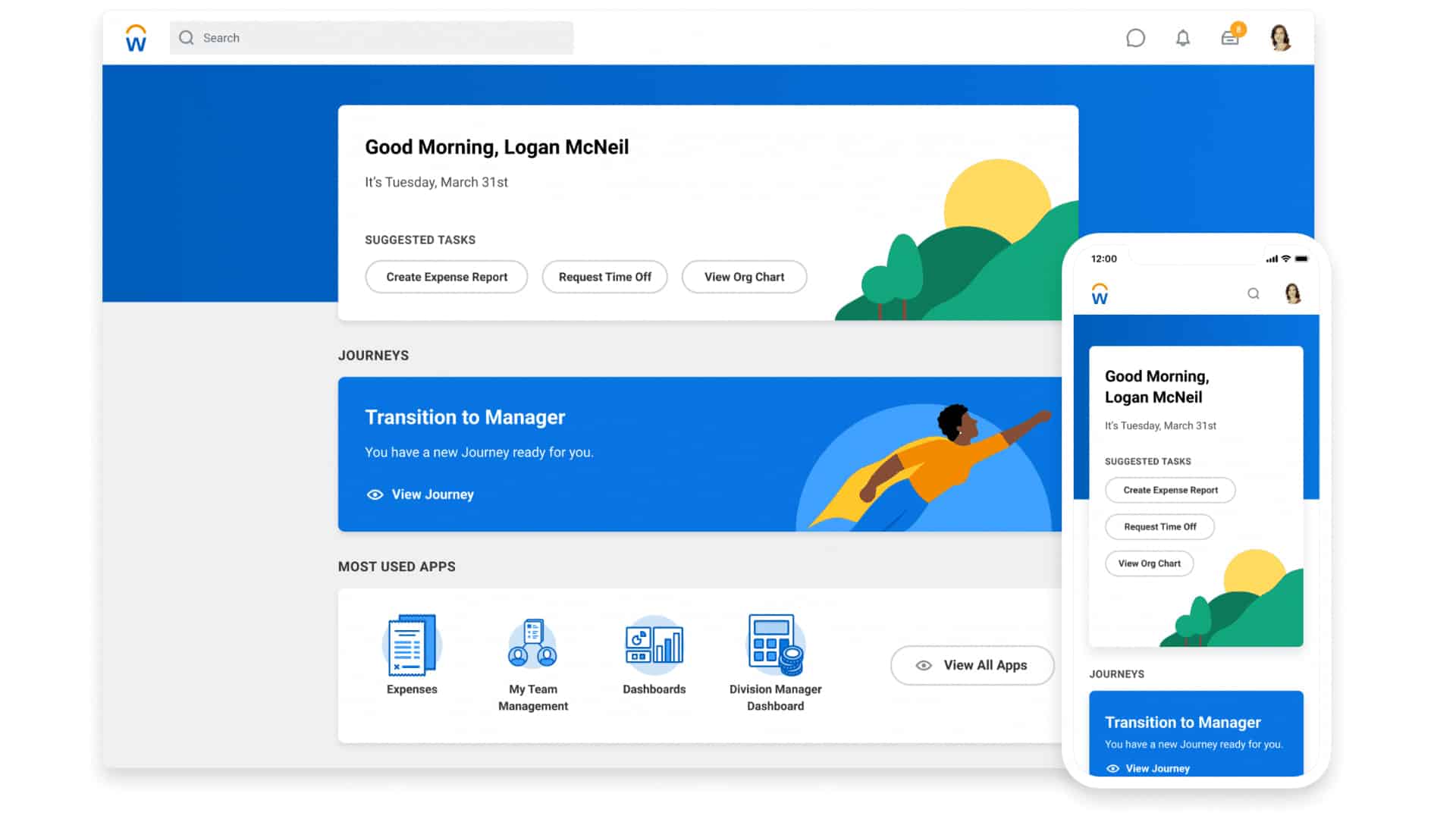
Workday stands out to me as a leading ERP solution in Singapore for managing assets, finances, human resources, and resource planning within a single platform. Since launching its first product, Human Capital Management, in 2006, it has grown to include features like business intelligence and project management, making it a well-rounded option for complex business needs.
I find its integrated approach effective in streamlining operations across departments and improving overall efficiency. However, I also note that the higher implementation costs and the need for extensive training can be significant considerations for some organizations.
Why we chose it: Workday’s adaptable cloud-based system offers the scalability and customization needed to support efficient, coordinated operations across a wide range of business functions.
Features:
- Centralized employee data and automated HR processes
- Real-time financial reporting and streamlined operations
- Integrated financial and workforce planning
- Automated expense tracking and timely reimbursement
- Payroll processing and regulatory compliance
| Pros | Cons |
|---|---|
|
|
8. Epicor ERP Software
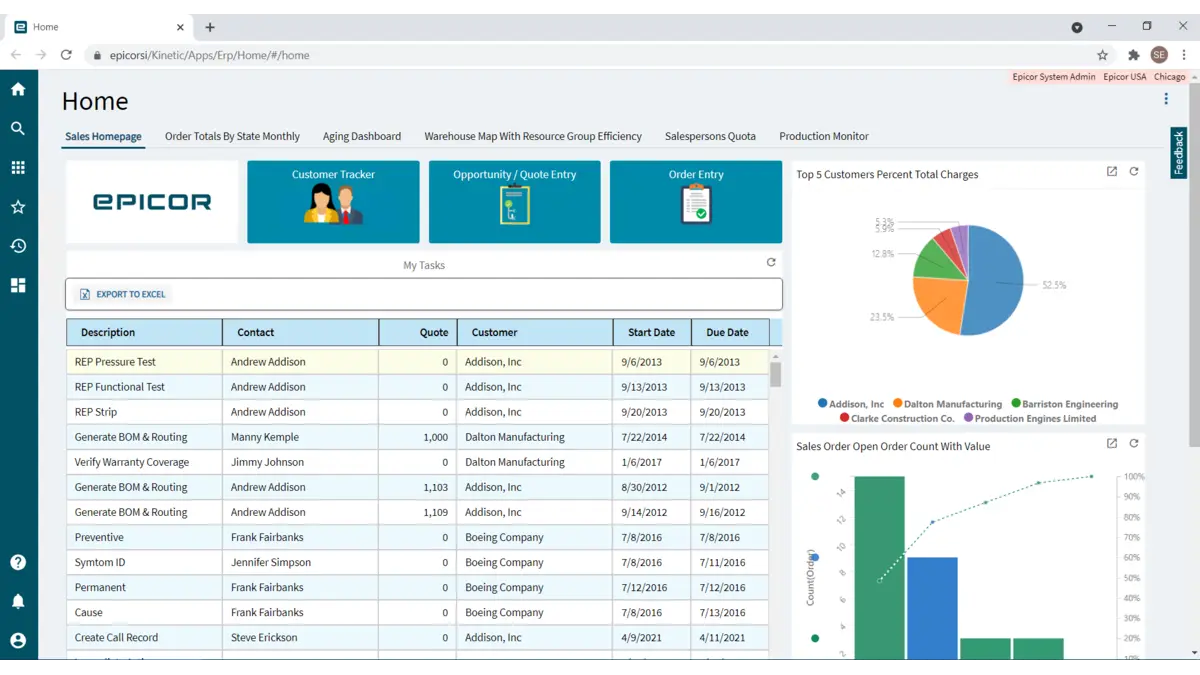
Epicor, based in Texas, delivers an ERP solution designed for medium to large-scale businesses in manufacturing, distribution, retail, and services. I find that this top ERP software bears an industry-specific approach and automated capabilities well-suited for managing processes efficiently and effectively in these sectors.
While it offers all the essential modules, I also recognize that its higher initial investment and the complexities of customization may require careful planning before implementation.
Why we chose it: Epicor’s strong industry focus and flexible, customizable tools make it an excellent option for companies that want to tailor their ERP system to match operational needs, ultimately improving efficiency and productivity.
Features:
- Efficient production process optimization
- Real-time supply chain visibility
- Comprehensive financial oversight tools
- Centralized customer data management
- Actionable insights through data analysis
| Pros | Cons |
|---|---|
|
|
9. IFS
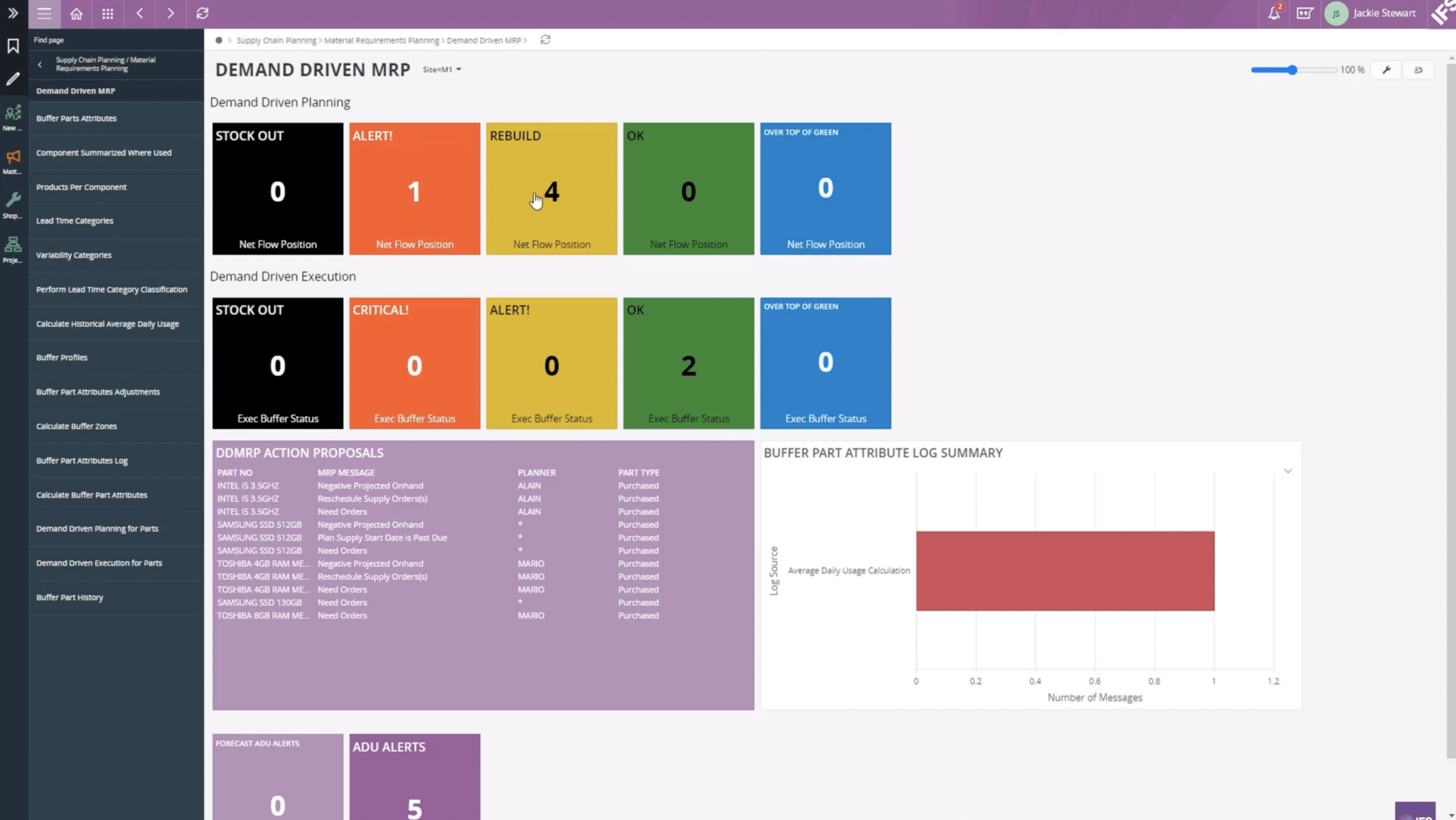
IFS stands out as one of the top ERP solutions in Singapore, helping businesses manage critical operations such as finance, human resources, and supply chain management. Since its establishment in 1983, this top ERP software has grown into a global provider with industry-specific tools designed for diverse sectors.
I see its strength in integrating business processes into a single platform, which improves data flow and operational efficiency. With automation and real-time analytics, IFS enables organizations to make data-driven decisions and streamline complex workflows.
Why we chose it: IFS offers robust industry-specific solutions that address the complex requirements of sectors such as manufacturing, construction, aerospace, and defense, making it a strong choice for businesses with specialized needs.
Features:
- Financial management for budgeting, forecasting, and reporting
- Supply chain management
- Production management
- Human resources management
| Pros | Cons |
|---|---|
|
|
10. SYSPRO ERP Software Singapore
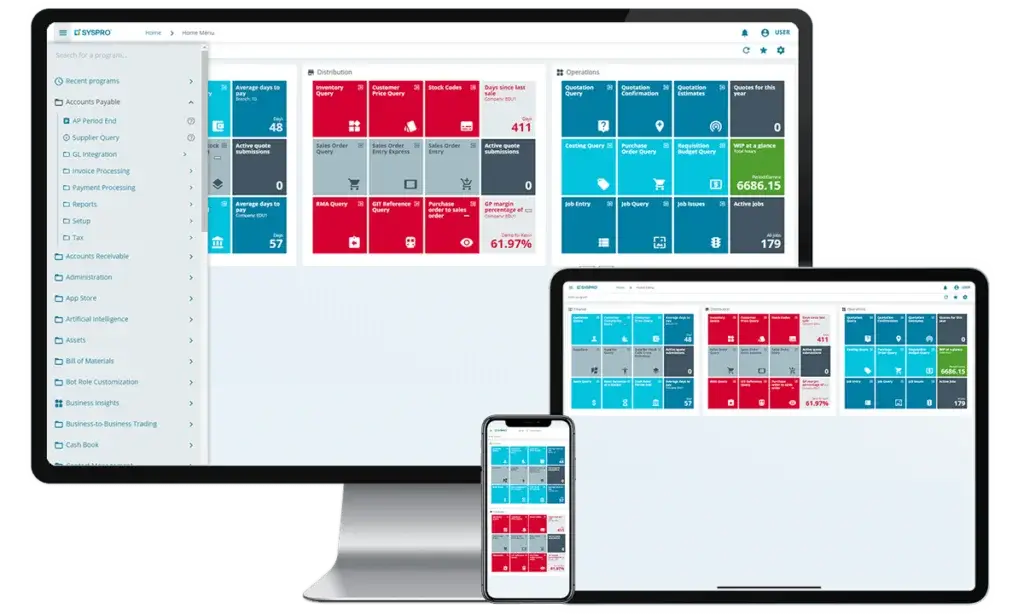
SYSPRO ERP is a comprehensive solution for managing core finance, inventory, and production processes. Since its founding in 1978, it has grown into a global leader in ERP software for the manufacturing and distribution sectors.
I find its ability to integrate multiple business functions, provide real-time data, and automate workflows particularly valuable for creating smoother, more efficient operations. Its modular design also allows companies to customize the system to match their specific requirements, supporting better decision-making.
Why we chose it: SYSPRO offers flexibility, modularity, and industry-specific features, making it a scalable platform well-suited for businesses aiming to optimize operations and adapt as they grow.
Features:
- Inventory, warehouse, and supply chain management
- Financial and accounting modules
- Customer relationship management (CRM)
- Security management
| Pros | Cons |
|---|---|
|
|
Also read: 5 Main Benefits of ERP Software for Professional Services
“ERP software companies in Singapore is the operational backbone that unifies finance, inventory, sales, HR, and production into one reliable source of truth, so leaders can cut manual work, reduce reporting errors, and make faster decisions based on real-time data.”
— Angela Tan, Regional Manager
Conclusion

FAQ About ERP Software
-
What is ERP software?
ERP (Enterprise Resource Planning) software is an integrated platform that helps companies manage business activities, including accounting, finance, procurement, project management, and supply chain. These serve as a central hub, ensuring data integrity and transparency across various departments.
-
Which company is the leading ERP software provider in Singapore?
Leading ERP software in Singapore includes HashMicro, Oracle NetSuite, SAP Business One, and Microsoft Dynamics 365. Each offers features, scalability, and industry-specific modules for diverse businesses.
Each ERP solution offered a range of features, scalability, and industry-specific modules, making them suitable for various business sizes and sectors.
-
How do I choose an ERP software?
To choose the right ERP software, start by assessing your business needs and required features. Look at scalability, integration, usability, and industry-specific capabilities. Compare vendors, read reviews, and request demos to see how well each solution fits your operations. Ensure the system can grow with your business and offers strong support and training resources.
-
What are the three types of ERP?
ERP (Enterprise Resource Planning) systems fall into three types: on-premise, cloud-based, and hybrid. On-premise ERP runs on a company’s servers, giving full control but with higher maintenance costs. Cloud-based ERP is hosted online, offering flexibility, scalability, and lower upfront costs. Hybrid ERP blends both, keeping some processes in-house while leveraging the cloud for a balance between control and flexibility.
-
What does ERP software do?
ERP software unifies business functions into one platform, enabling efficient data management, real-time reporting, and informed decisions. By removing silos and boosting collaboration, it improves productivity, resource use, and overall performance.
-
What is meant by an ERP solution?
An ERP solution simplifies core operations such as finance, HR, supply chain, sales, and procurement by unifying data for accurate insights and a single source of truth.

